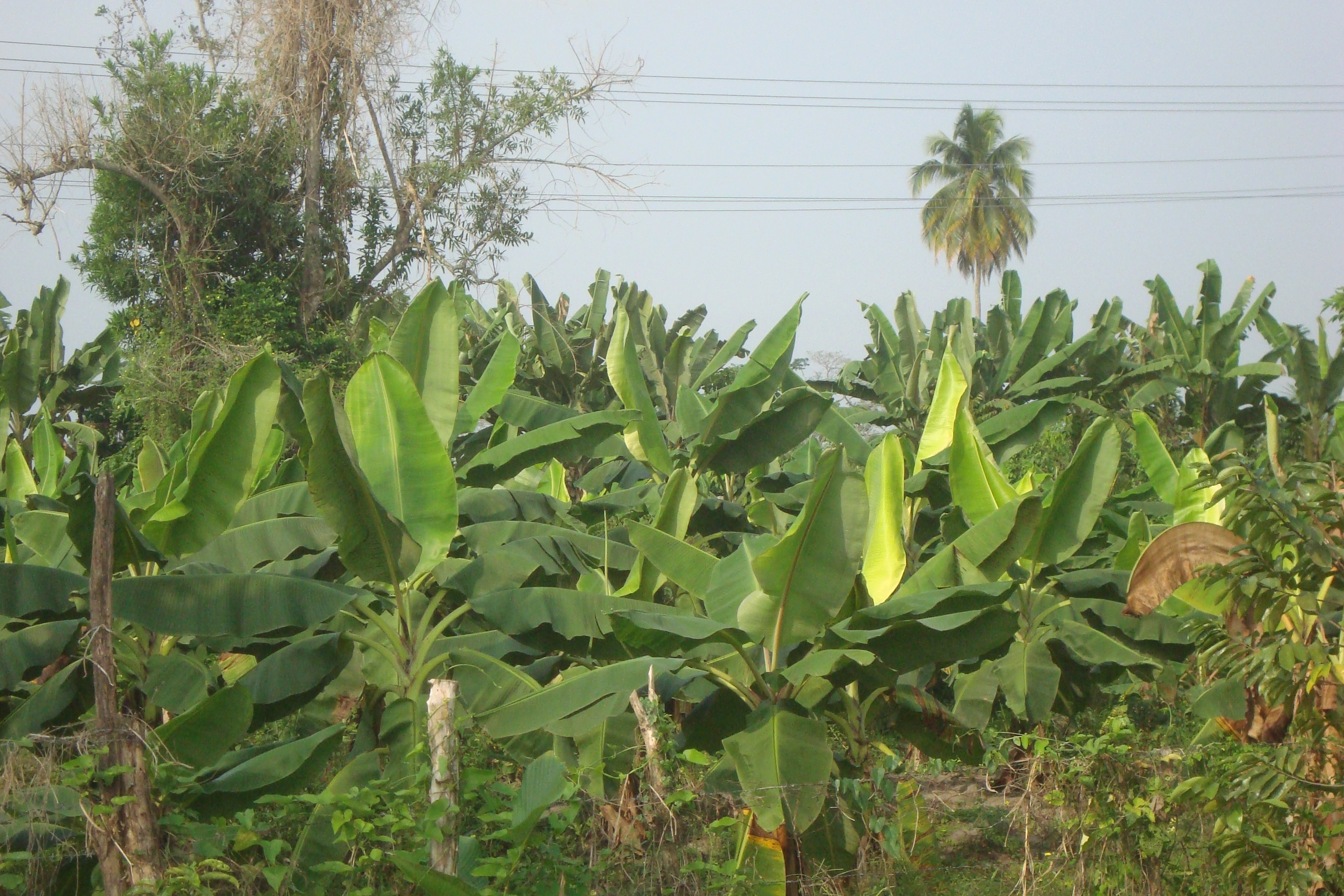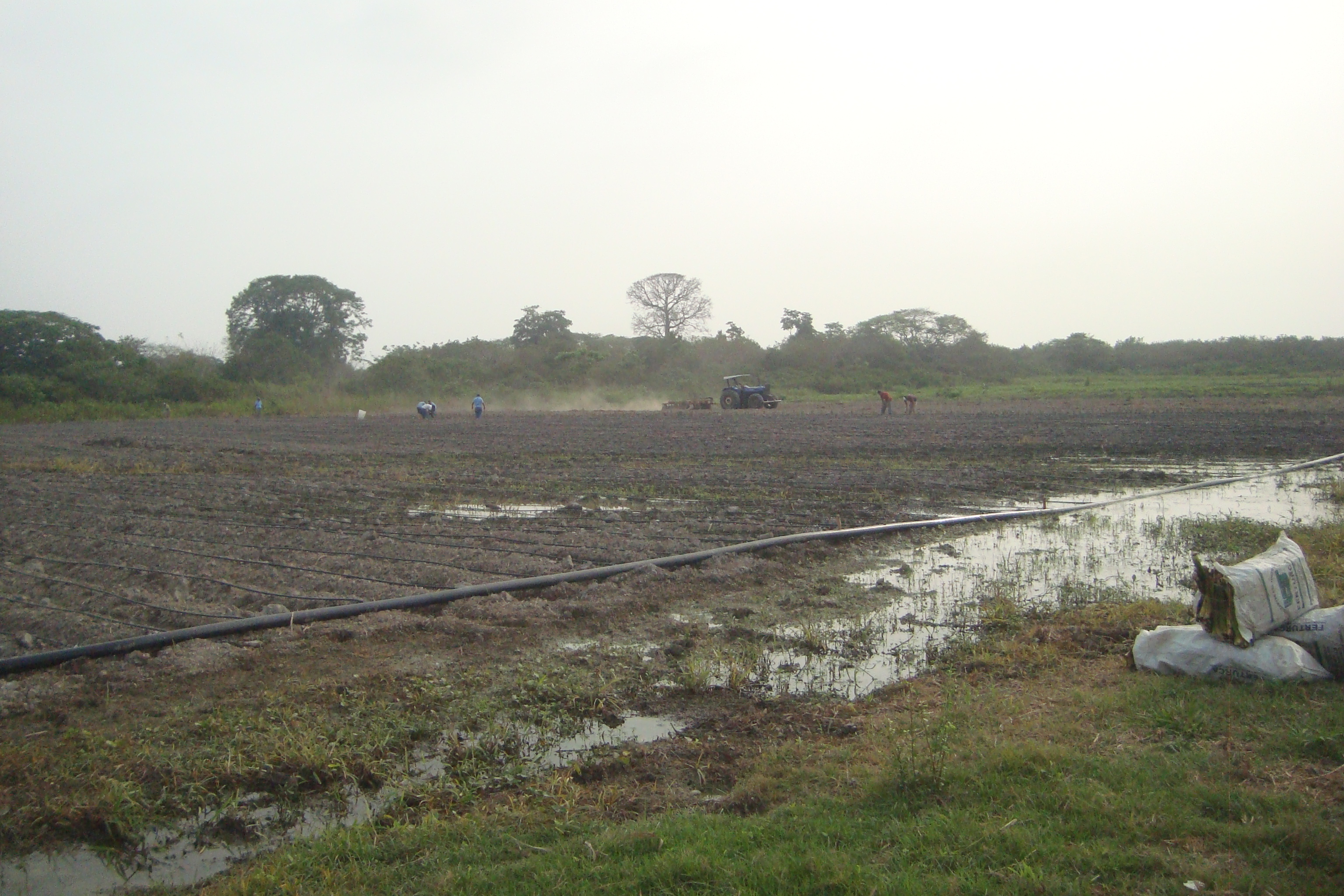The role of fertilizers in Moderna agriculture
(Edited)
Agriculture has sought to optimize food production to meet human needs, in this context, fertilizers emerge as crucial tools to enhance crop growth and ensure food security. Its use, which has intensified with Moderna agriculture, involves the application of substances that enrich the soil with essential nutrients for plants.

These nutrients, such as nitrogen, phosphorus and potassium, are fundamental for the development of crops, and their availability in the soil may be limited or exhausted over time, fertilizers, both organic and inorganic, supply these deficiencies, allowing farmers to obtain higher yields and better quality products. However, the use of fertilizers is not without challenges, their excessive or inappropriate application can have negative impacts on the environment, such as water pollution and soil degradation. Therefore, Moderna agriculture faces the challenge of optimizing the use of fertilizers, seeking a balance between productivity and sustainability.
In this same sense, it is necessary to mention that plants require a variety of nutrients for their growth and development, including macronutrients such as Nitrogen (N), phosphorus (P) and potassium (K), necessary in large quantities and micronutrients such as Iron (Fe), zinc (Zn), manganese (Mn), copper (Cu), boron (B) and molybdenum (Mo), required in smaller quantities. Fertilizers provide these essential nutrients, either organically or inorganically, to supplement the nutrients present in the soil and ensure optimal plant growth.
There are various types of fertilizers, each with specific functions as mentioned below:
- Nitrogen fertilizers: stimulate the vegetative growth of plants, favoring the development of leaves and stems.
- Phosphate fertilizers: promote the development of roots, flowers and fruits, improving the quality of crops.
- Potassium fertilizers: they strengthen the resistance of plants to diseases and environmental stress, improving the quality and yield of crops.
- Organic fertilizers: derived from natural materials such as manure, compost and crop residues, they improve the structure of the soil and the availability of nutrients in the long term.
- Inorganic fertilizers: produced by chemical processes, they provide nutrients quickly and efficiently, allowing greater precision in the application.

The proper application of fertilizers offers multiple benefits, such as increased productivity since fertilizers allow higher crop yields, satisfying the growing demand for food, replenishes nutrients in the soil, because crops extract nutrients from the soil, and fertilizers help replenish them, maintaining soil fertility in the long term and in addition, if used responsibly, you can optimize land use because fertilization allows you to grow on less fertile soils, expanding the arable areas.
Dear readers, although fertilizers are essential, their excessive or inappropriate use can lead to negative impacts on the environment, such as water pollution and the emission of greenhouse gases. To mitigate these risks, it is crucial to implement responsible fertilization practices, based on soil analysis and crop needs, promote the use of slow-release fertilizers and efficient application techniques, encourage organic agriculture and crop rotation to improve soil fertility naturally.
In conclusion, fertilizers play an indispensable role in Moderna agriculture, allowing to increase food production and guarantee food security, however, it is essential to use them responsibly and sustainably, minimizing their environmental impact and preserving the fertility of the soil for future generations.
Thank you for reading our articles, until the next post.
| Bibliographic references |
|---|
- Urbano, P. (2008) Phytotechnics. Editions Mundi-Press. Madrid: Spain.
Sources
- Photography and images: All photographs are the property of the author @amestyj.
- Agrotecnia banner: made by the author @amestyj with own images
- Hive Banner: Designed by the author @amestyj with image owned by hive.



0
0
0.000
Thanks for your contribution to the STEMsocial community. Feel free to join us on discord to get to know the rest of us!
Please consider delegating to the @stemsocial account (85% of the curation rewards are returned).
You may also include @stemsocial as a beneficiary of the rewards of this post to get a stronger support.